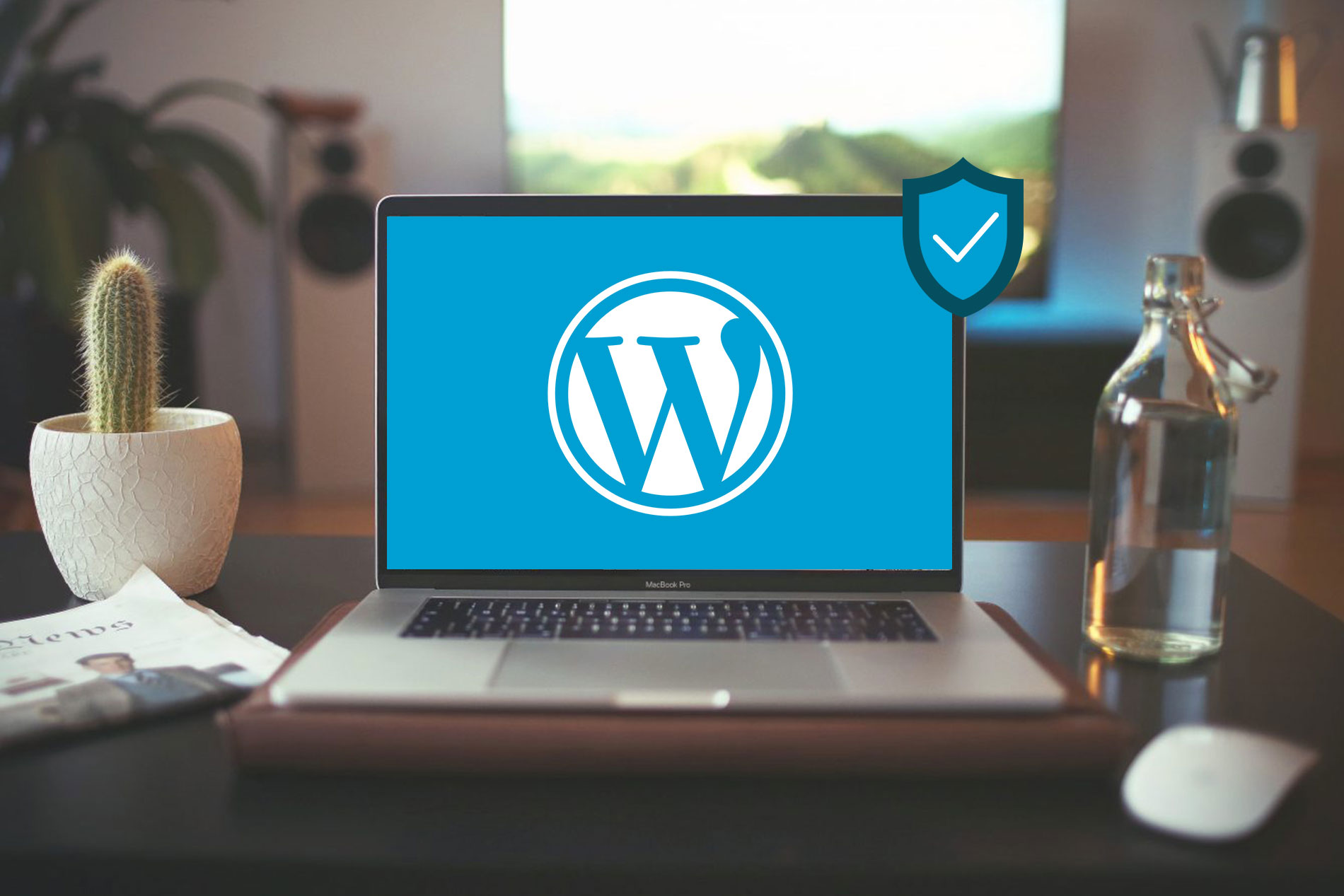WordPress is one of the most used Content Management Systems (CMS) in today’s day and age. Websites find it easier to not only navigate the system but also run their websites seamlessly with Managed WordPress Hosting as their chosen hosting. However, like every other system WordPress too is vulnerable and not completely secure when it comes to attacks.
In this post, we’ll talk about the common WordPress security issues in 2019 and how to deal with them.
Why is WordPress Security Important?
Taking care of your website is of utmost importance as lack of security could mean trouble for your website. WordPress is leading in terms of powering over 34% websites all across the globe and has a net CMS market share of 60.5%. Irrespective of the platform as per statistics, more than fifty thousand websites get hacked on a daily basis and WordPress websites are one of the targeted platforms by hackers.

Here are three reasons why WordPress security is important:
- According to WordFence, “Hackers attack WordPress sites both big and small, with over 90,978 attacks happening per minute.” Hence, installing various security mechanisms for your website is crucial else your website can be compromised.
- If you run an e-commerce or a professional website you need to be concerned about website security. If your website isn’t secure your customers may be sceptical about browsing and using your website. This could lead to reduced traffic which would, in turn, drop the customer count and eventually affect your business.
- As per Google Chrome 68 update, websites that are not secure will be ranked low in the search engine. This will affect your SEO, as well as, customer count.
Now that we’ve seen the importance of a secure website. Let us see, the 4 common WordPress security issues that a WordPress website faces and ways to overcome it.
- Weak Passwords
Weak and bad login passwords are the most common form of security threat faced by WordPress sites. Though this seems like a basic security issue it is, in fact, a grave one. The WordPress login page is a universal page used by all the users including the admin. Thus, if you have weak credentials a hacker can easily get access to your entire website. To know if your credentials are weak, match them with these criteria:- Easy to guess ‘username’ and ‘password’ like – ‘admin’ and ‘password1234’ or ‘hellowworld’
- Having the same login name and the display name
- Not changing your password regularly
- Attacks and Injections
WordPress as a platform doesn’t limit the login attempt by any user wanting to sign in on your website. Thus, it is vulnerable to the Brute Force Attack. A Brute force attack is an attack wherein a hacker/bot repeatedly keeps on entering passwords against usernames until the right match is found. This attack is both simple and exhaustive in nature. Even if the hacker doesn’t gain entry to your website, chances are your service provider might suspend your account leaving your website down. For example, if you’re on a Shared Hosting plan, a brute force attack can overload the system compelling the host to suspend your website.Apart from attacks, WordPress is even vulnerable to SQL Injection, Cross-Site Scripting (XSS) attacks. In the case of SQL injection, it targets MySQL database to gain entry into websites and WordPress uses a MySQL database. - Access to the Sensitive Files
If a hacker gains access to sensitive WordPress files content then they can exploit your website. Your WordPress website’s PHP code is the one that can be targeted to gain access to files. Usually, hackers gain access to your files by means loading files remotely by means of themes or plugins, as PHP enables themes and plugins to run on your WordPress platform.Once the hacker gains entry to your website they can modify your wp-config.php files that are used during WP installation. - Malware
Another type of security issue that a website can face is a malware attack. Malwares gain unauthorized access to your WordPress website and infect your system. Some of the malwares that WordPress is susceptible to are Backdoors, Malicious redirects, Pharma hacks and Drive-by downloads. One of the most common ways malware can infect your website is if your WordPress version is not up to date.Having seen the common security issues, let us now see the ways to secure your WordPress website.- Keeping WordPress up-to-date:
Always keep your WordPress version up-to-date. This is so because the WordPress security team update their security and vulnerability flaws so as to keep hackers at bay. The current WordPress version is 3.9 - Installing Security Plugins:
Installing reliable security helps ward off hackers and keeps your website secure. There are some plugins that even limit login attempts this would not allow Brute Force Attacks. Check out our post on some of the top WordPress security plugins. Also, make sure to download plugins from authentic trustworthy sources only. - Quality of Hosting:
Poor quality hosting service can also make your WordPress website less secure. When choosing your hosting provider make sure to research them by checking their reviews. At times, Shared Hosting can be an easy target as it has several websites hosted on it. One of the options you can explore for hosting is WordPress Hosting, as it specifically caters to WordPress websites.
- Keeping WordPress up-to-date:
On the whole, WordPress security issues are sensitive and websites can come under attack. However, as a website owner, you should try to keep your website secure by following the above-mentioned points. This helps to keep your website secure by minimizing the vulnerability.
Having stated above the importance of quality hosting, our WordPress Hosting has been reviewed by Tryootech.com. Do check out what they have to say about us. Lastly, if you have any queries or suggestions, please mention them in the comments section below.
Article Updated in June 2019
There is no ads to display, Please add some




